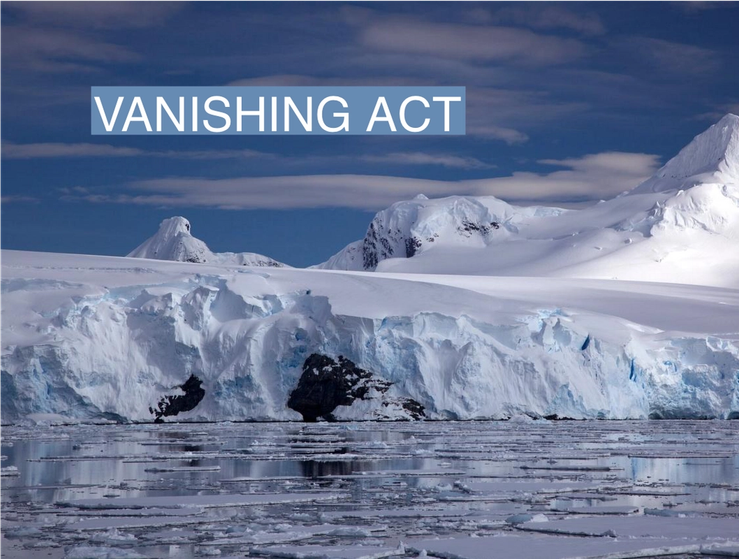The News
Antarctic ice cover, which should be thriving in the southern hemisphere’s winter months, has grown at a record-low rate this year, alarming scientists and raising doubts about the balance of the world’s ecosystems.
A continued decline in ice cover — which was more than 20% lower than expected at this time of year — could accelerate future ice melting, leading to sea level rises that may threaten coastal populations.
We’ve gathered essential reporting and analysis on what this means.
Insights
- This Antarctic winter has been a clear departure from previous years, signaling a change in the ice system to a more unstable state where extremes become more common. Experts suspect this may be evidence of years of the “slow burn” of climate change finally taking a toll on the world’s largest ice sheet. “This year is really different,” said Ted Scambos, an Antarctica expert at the National Snow and Ice Data Center. “It’s a very sudden change.” — The New York Times
- The days when the Antarctic was “a rare ocean of climatological calm” may be over. The gap in expected ice cover compared to a long-term average is around 2.8 million square kilometers, or roughly the size of an area equivalent to Argentina. If global atmospheric temperature continues to rise, ice melting could accelerate, with potentially devastating impact across the globe. The west Antarctic ice sheet — roughly 10% of the whole ice sheet — contains enough water to raise global sea levels by three meters. — The Economist
- The record-low ice coverage has been called a six-sigma event, a statistical anomaly that makes the occurrence extremely rare. “If nothing had changed,” physical oceanographer Edward Doddridge said, “we’d expect to see a winter like this about once every 7.5 million years.” Several theories have been proposed to explain the sharp drop — including the influence of the warm weather event know as El Niño and a sudden change in southern-hemisphere sea currents — but scientists are yet to build consensus around a single thesis. — Science Alert
- The Arctic ice cap may lose all of its ice each September, according to projections published last month. The first ice-free September is expected between 2030 and 2050, according to experts at the Climate Change Research Laboratory of the University of Pohang in South Korea. If greenhouse gas emissions are not reduced, the Arctic ice sheet may melt completely for as long as six months every year. — El País
AD


